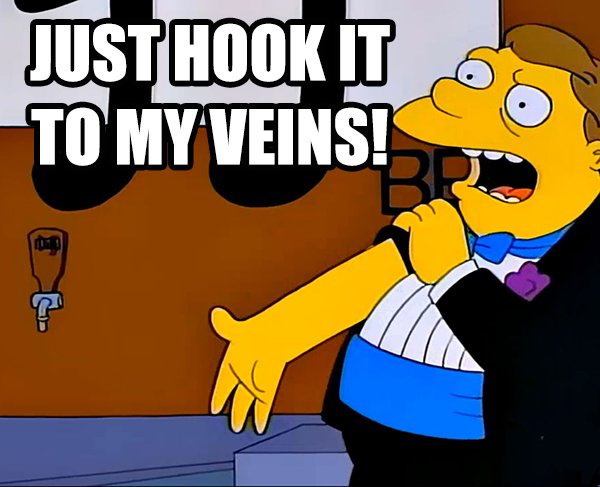Dunno, I thought the Pilot of "Strange New Worlds" (title: Strange new Worlds), "Rememberance", "The Star Gazer", "Penance" and "Farewell" (all of Star Trek: Picard) were quite good, same goes for "The Da Vinci Code" and "Angels and Demons".He also wrote the "better" Batman Forever, "The Divergent Series: Insurgent" and "A beautiful mind". So, saying that he couldn't write a good script, if his life depended on it, is a tadbit over the top, eh?
The writing credits in feature films are rarely accurate. Most modern films have multiple writers, only 1-4 of whom get screen credit. Usually the credit is given to the writer who contributed the most, but sometimes a film can be credited to a writer who contributed virtually nothing to the finished product; for instance, Speed is credited solely to Graham Yost, but virtually every line of dialogue in the movie was written by Joss Whedon.
You can't really judge a screenwriter's ability by their feature film credits, not only because of the aforementioned, but because writers in feature films are treated as merely hired contractors whose job is to follow the director's or producers' instructions. If the writer produces a brilliant, subtle, complex script but the director and studio want something simplistic, broad, and dumb, then the writer will either give them something simplistic, broad, and dumb as instructed, or will be let go and replaced with someone else who will, even if the original writer still gets credit. So it's not uncommon for a writer capable of brilliant work, or at least competent work, to have screen credit on multiple terrible, dumb movies. Because it's ultimately the directors who make the decisions, and the writers' job is seen as subordinate to that. It's only in television that writers have creative control.


